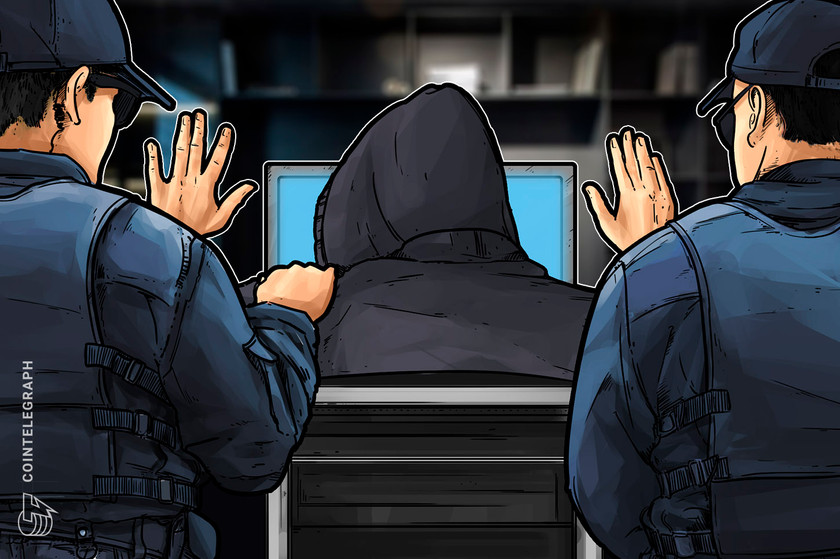Bithumb owner arrested in South Korea over alleged embezzlement


The net is closing in on Bithumb executives as the suspected real owner of the exchange is arrested.
The suspected real owner of South Korea’s largest crypto exchange, Bithumb, has been arrested on embezzlement charges.
According to local media reports, Kang Jong-hyun was arrested on Feb. 2 over the embezzlement allegations. The Seoul Southern District Court issued an arrest warrant for the businessman on Jan. 25 with multiple charges, including dereliction of duty, market manipulation and fraudulent transactions.
The 41-year-old is the elder brother of Kang Ji-yeon, the head of Bithumb affiliate Inbiogen. The firm holds the largest share in Vidente Vidente, which is the biggest shareholder of Bithumb with a 34.2% stake.
According to prosecutors, the brothers colluded to embezzle corporate funds and manipulate stock prices of Inbiogen and video production firm Bucket Studio through the issuance of convertible bonds.
In a notice on the Bucket Studio website, CEO Kang Ji-yeon apologized to shareholders and said the claims against his brother were “unconfirmed,” adding that he will cooperate with the authorities in the investigation.


On Jan. 10, Cointelegraph reported that the South Korean National Tax Service agency launched an investigation into South Korea’s largest crypto exchange. Investigators reportedly raided Bithumb’s Seoul headquarters as a part of the ongoing tax probe.
The saga goes even deeper, as Bithumb’s largest shareholder, Park Mo, was found dead in front of his own home in late December.
He was also subject to an investigation amid allegations of embezzlement and market manipulation. It was suspected that Park Mo took his own life due to the charges brought against him.
Related: Bithumb former chair Lee Jung-Hoon acquitted in the first instance
Bithumb has a 24-hour trading volume of $370 million, according to CoinGecko. Established in 2014, the exchange offers 191 coins and 287 trading pairs, with BTC/KRW the most popular.






